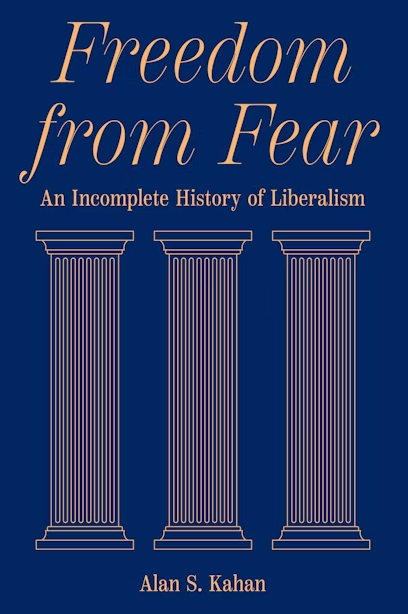Today, many self-described liberals in the professions—including in my world of academic political philosophy—inhabit what the historian Darrin M. McMahon calls “a kind of egalitarian plateau,” convinced that the orienting value of their lives is equality. Equality is at the center of the liberal theory produced in the ivory tower and the liberal activism of protestors and NGOs. Yet several new books, in their own ways, reinforce a lesson which scholarship has made increasingly clear in recent years but which seems not to have penetrated to a general readership: namely, that liberalism’s relationship to equality has, historically, been far from a warm embrace.
As McMahon’s sweeping new study, Equality: The History of an Elusive Idea, confirms, equality has had a wide set of meanings—only some of which liberals have found attractive. Indeed, liberalism appears as rather a bit player in McMahon’s documenting of the many “imaginaries of equality” across the long history of the species. Historian Alan Kahan, writing from the perspective of a devoted liberal, laments at the outset of his Freedom from Fear: An Incomplete History of Liberalism that “many people have incorrectly identified liberalism with equality.” Political theorist Gianna Englert’s Democracy Tamed: French Liberalism and the Politics of Suffrage likewise makes clear how inhospitable to much equality talk the first well-developed tradition of liberalism was.
Outside the ivory tower, liberalism finds itself facing seemingly opposite complaints. It is charged with containing the seeds of an extreme egalitarianism destined, sooner or later, to give birth to the woke excesses of the past decade; and it is accused of providing moral cover for an elite that will adopt any tool at hand to stymie the popular will when the latter threatens its control. This duality of disaffection with contemporary liberalism has deep historical antecedents; for while liberalism from its inception was keen to protect equality rightly understood, it has often identified contending demands of equality as among its greatest enemies.


